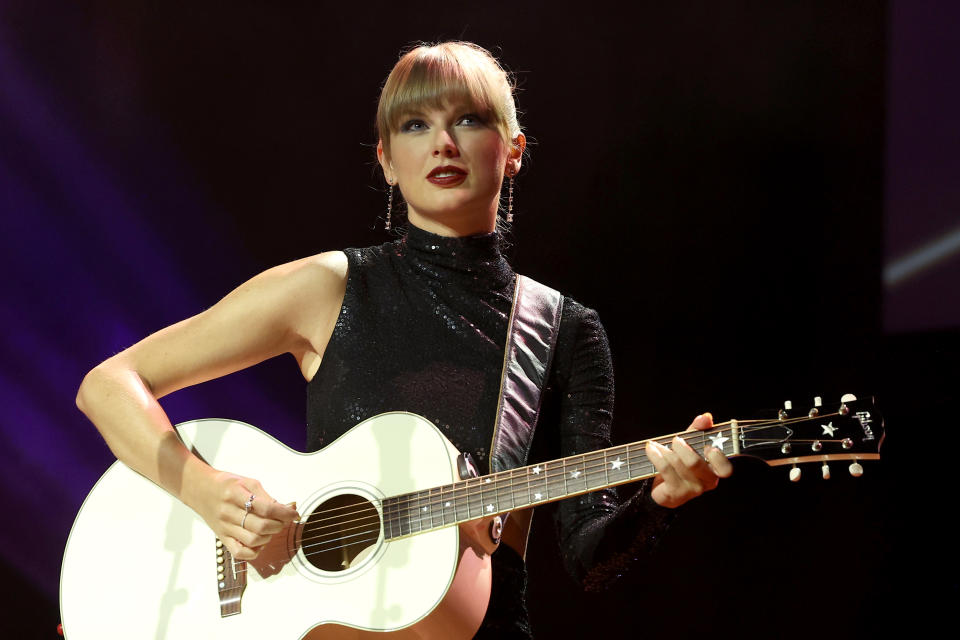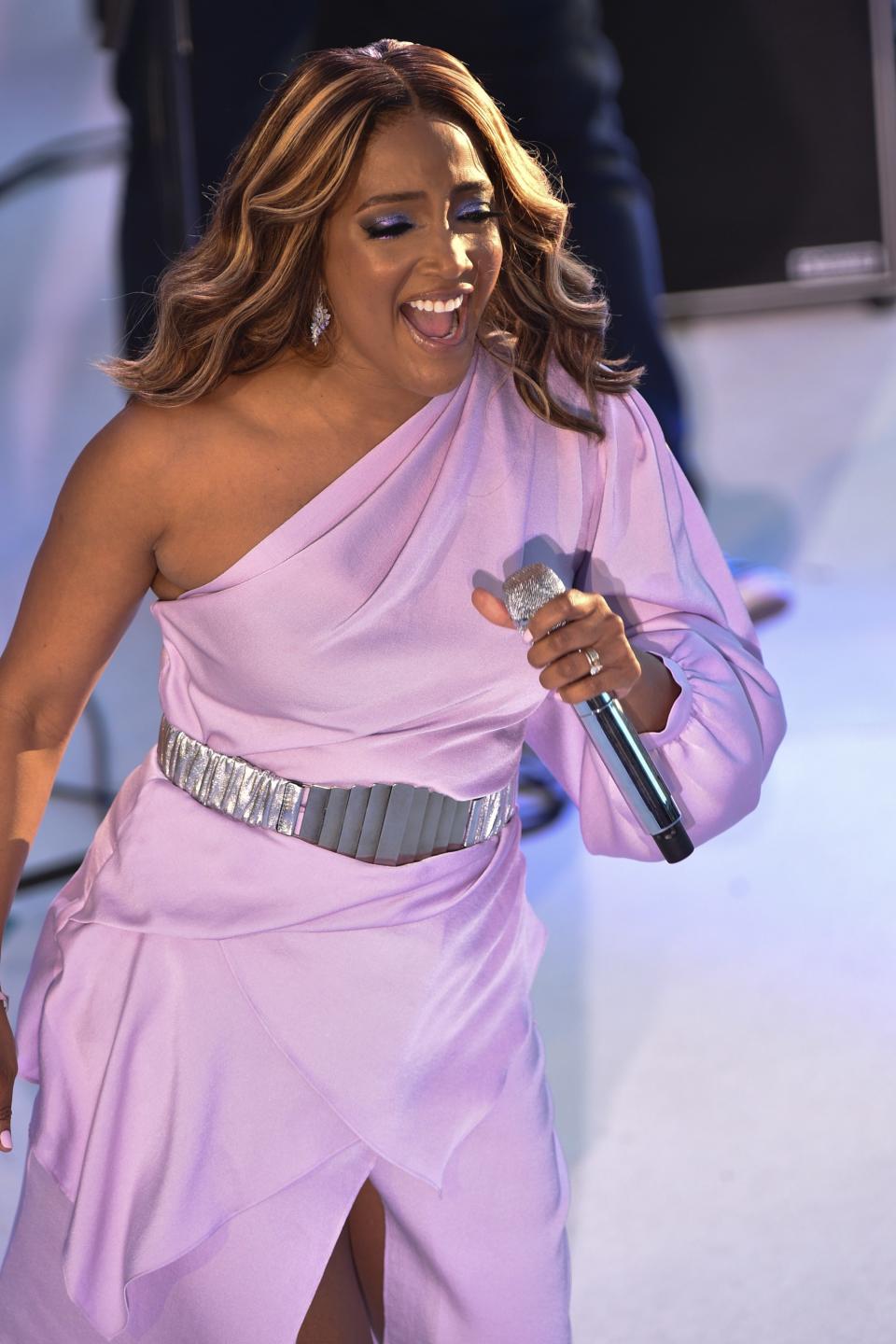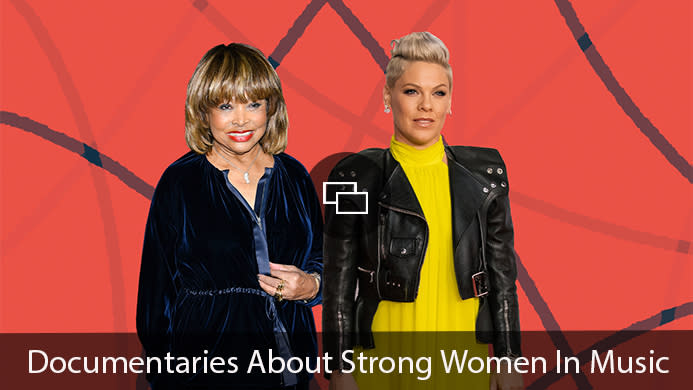Taylor Swift, Olivia Rodrigo & the Sexist Pitfalls of ‘Confessional’ Songwriting

- Oops!Something went wrong.Please try again later.
- Oops!Something went wrong.Please try again later.
- Oops!Something went wrong.Please try again later.
On October 21st, Taylor Swift dropped her 10th studio album, Midnights and, 3 hours later, released the deluxe 3am version with seven bonus tracks. Out of the seven, the penultimate track “Would’ve Could’ve Should’ve” became an immediate fan favorite. The song, which appears to be inspired by her relationship with John Mayer, seemingly explores Swift’s regret about getting involved with him, stating, “I can’t let this go/I fight with you in my sleep/The wound won’t close/I keep on waiting for a sign/I regret you all the time”.
Much like Speak Now’s “Dear John”, “Would’ve Could’ve Should’ve” notes their 13 year age gap when Taylor was 19 and John was 32. Now 32 herself, Swift’s lyrics explore how, despite the 13 years that have passed, she is still reeling from the aftermath of the relationship and her inability to move on from the trauma experienced during the partnership.
More from SheKnows
Busy Philipps Is Every Frustrated Mom With 4 Zillion People Ahead of Her to Get Taylor Swift Tickets

Naturally, fans immediately picked up on the connection between the two songs and it became a trending topic on Twitter shortly after its release. I even tweeted a joke about John Mayer paying for his crimes again and the pushback I received was alarming. Many replied with the same tired criticism of Taylor — that she only writes about her failed relationships and that she can’t keep a man so she should look in the mirror. What was unnerving was the critiques that Swift should no longer be writing about it because it happened so long ago.
For years, music has been used to express and process trauma. After the September 11 attacks in 2001, music therapists provided music-related activities — songwriting, singing, and listening to music — to reduce stress and process the trauma associated with the tragedy. In relation to singer-songwriters in the music industry, songwriting helps the artist regain the agency to tell their own stories by safely reflecting on the experiences.
Click here to read the full article.
It raises two questions: who is allowed to make music about their emotions and experiences and is there a time limit on when they should just “get over it”?
Artists like Drake, Justin Bieber, Ed Sheeran, and the like have notoriously written about their relationships, successful or not. Those aforementioned artists are praised for their songwriting while female songwriters are labelled as “confessional.” During the album cycle for 1989, Swift brought up the double standards female songwriters face, telling the Australian radio show Jules, Merrick & Sophie, “that’s a very sexist angle to take. No one says that about Ed Sheeran. No one says that about Bruno Mars. They’re all writing songs about their exes, their current girlfriends, their love life, and no one raises the red flag there.”
This standard has impacted female songwriters — from new artists like Olivia Rodrigo to industry legend Joni Mitchell — for years. Mitchell has a strong disdain for the term “confessional” songwriter, stating that to confess usually means somebody is “trying to beat something out of you externally [..] They’re trying to get you to admit something. To humiliate and degrade yourself and put yourself in a bad position.” Singer Emmy the Great echoes those sentiments, stating, “A male singer-songwriter might play on the same themes as a female singer-songwriter and it may end up being assumed that the girl is singing from her diary, and the boy is making statements on the big themes of life.” It contributes to the old binary that women must only write about their personal experiences, typically romance, and male artists can dance around a large, more generalized motif.

At the time of the release of Sour, the debut record by Olivia Rodrigo, she was 18 years old and acknowledged the sexist criticism of songwriters like her “being told that they only write songs about boys” despite the album exploring a plethora of teenage emotions — from anger to jealousy to sadness. In 2010 when Justin Bieber released “Baby,” a “puppy love” song in line with the same pure naivety as Rodrigo, critics praised the then-teen heartthrob. Both artists write about teenage love but Rodrigo is faced with the same hurtful comments about being boy-crazy that have been hurled at Taylor for her entire career.
The binaries of what male and female artists get to write about still exist in the music industry. Black female artists deal with this criticism on an even larger scale due to the intersection of sexism and racism. In particular, the Country music scene has historically not been kind or inviting in regards to diversity and gender. Despite using music and lyrics to enact change within the genre she works in, singer-songwriter Mickey Guyton received awful hate mail after her own musical critiques of the toxicity in the Country music industry as a Black female artist. Guyton explained during an appearance on Face to Face With Becky G. that it’s a constant battle of “trying to just be who you are.”

Drake is known for being the emotionally sensitive “certified lover boy” or a man who “easily seduces and falls in love with women” and his discography is the embodiment of that statement. Throughout his records, he highlights all the different ways women have wronged and mistreated him and now he’s putting them in their place.
In a 2011 interview with Stereogum, Drake went on record to state that his music has a “sex-driven chauvinistic undertone to it” since that’s the stage of life he’s in right now. It’s good to be self-aware, but it’s not something female artists like Megan Thee Stallion are entitled to without a degree of scrutiny. Megan is reclaiming sex and pleasure as something women are involved in and not something that is done to them with songs like “WAP” and “Body” but receives extreme criticism for empowering women on the topic of sex.
In music, artists use their work to process their emotions — whether it’s grief, joy, or trauma. It can be a powerful tool for safe expression, self-reflection, and a way to take what they are feeling internally and make it tangible. It’s why songs like “Would’ve Could’ve Should’ve,” despite being so specific to Swift’s own experience, feel universal and resonate with her listeners. Until we can finally start to accept that not all female songwriters are “confessional” and that male songwriters write about romance, break-ups, and the like, the next Olivia Rodrigo will enter the industry, just as Taylor Swift did before her, and face the same unwarranted, sexist ridicule for using art to heal and grow.
Before you go, click here for more documentaries about strong women in music.
Best of SheKnows
10 Thanksgiving Movies That Will Instantly Get You Into the Holiday Spirit — & Where to Stream Them
17 Celebrity Women Over 40 Who Have Posed For Gorgeous Nude Photoshoots
Sign up for SheKnows' Newsletter.
For the latest news, follow us on Facebook, Twitter, and Instagram.


